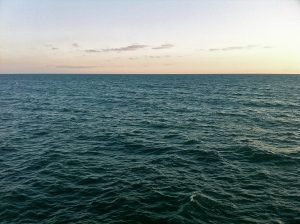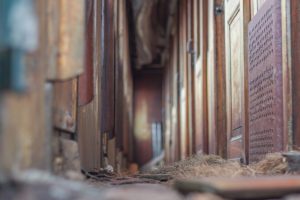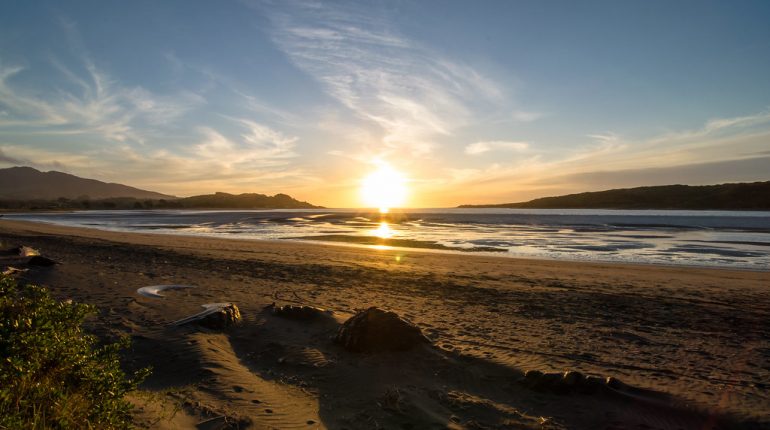DANIEL LUSK | BLOGGER | SQ ONLINE (2018-19)
I hope that your school year went well. Or that you’re at least finishing strong? At this point in my blogging career, I can’t blame my uncertainty on mysterious publishing dates; I’m just running late (inevitably to my editor’s endless frustration – sorry Liam).
I’m in the last weeks of Spring quarter as I’m beginning to write this. I’m thinking over the year and this blog series as I look to wrap it. I’ve covered a fair bit of ground, and it’s definitely been a growing experience. I’ve read and explained the full gambit, from stats-based habit formation to the memory mediating effect of exercise to sunlight’s biochemical impacts on DNA. We did a bit more psychology based study summaries than I anticipated, but I managed to sneak in enough biochemistry here and there to make the biochemist in me happy.
And today, in the spirit of wrapping this thing up, I want to cover something I’ve always struggled with: transitioning into a break.
The beginning of every summer, my yearly inertia crashes hard with the summer’s open schedule. Currently, I’m living the ultimate UC lifestyle. I’m beginning to prepare for finals, drinking my fifth cup of coffee for today, and fighting a cold I’ve had on and off for the better part of two weeks (I thought I kicked the cold yesterday, but heartbreakingly it’s back with a vengeance). When I mentally contrast this never-ending grind to the summer freedom to sleep in, decide what to do with my time, and hang out with friends, I get anxious thinking about all the unfilled space.

A visual metaphor for my complete inability to navigate the empty space of summer (source)
What I’ve done this year essentially comes down to a total dissolution of all work-life distinction. I’ve given into the temptation of spending 6:30 AM to 8:00 PM on campus, only to go home and plan the next day before going to bed.
Unfortunately, psychologists have done a great job of characterizing just how bad of a habit this is. And the research has motivated me to be more extreme with rest when I come into the summer.
Researchers find that anyone who detaches from work when they head home enjoys three benefits over those of us who do not.
First, leaving school at school means an increased likelihood of well-being and lower emotional exhaustion. I can’t vouch for this because I’m fairly certain I’ve never tried it. But it makes sense. Letting the day’s work end as you take the bus back to your apartment sounds absolutely wonderful and would clearly increase the quality of your rest time.

Let the trip home be the moment you let the school-day’s troubles go (source)
Second, avoiding bringing work home promotes cheer and predicts less fatigue at bed time. This likely results from decreased stress and contributes to greater feelings of rest and decreased irritability into the next work day.
And third, resting well increases proactivity and performance at work. Rested workers have more energy and turn their increased refreshment into greater productivity in the following week. (1)
This all speaks for itself, but I’ll say it anyway. The quarter will end soon for those of us at UC San Diego. It may have already ended for you. When it does, let it go. Go home and be with your friends or family. Take a genuine break. Don’t give into the temptation to worry about the grades or the lab or the clubs. Don’t plan for next year. Just take a break. When next year or summer session or your internship rolls around, you’ll be happier, better rested, and ready to work harder because of it.
Thanks to all of you who have read the series this quarter. My failure to regularly apply even a shred of my own advice will forever haunt me, but writing it has been deeply enjoyable. I hope you’ve all gotten something out of it.
I’m sure I’ll be posting again sometime soon. I’ll see you all then.
Sources
(1) Sonnentag, Sabine. “Psychological Detachment From Work During Leisure Time.” Current Directions in Psychological Science, vol. 21, no. 2, 2012, pp. 114—118., doi:10.1177/0963721411434979.
“Summer”by simplethrill is licensed under CC BY-NC-ND 2.0

